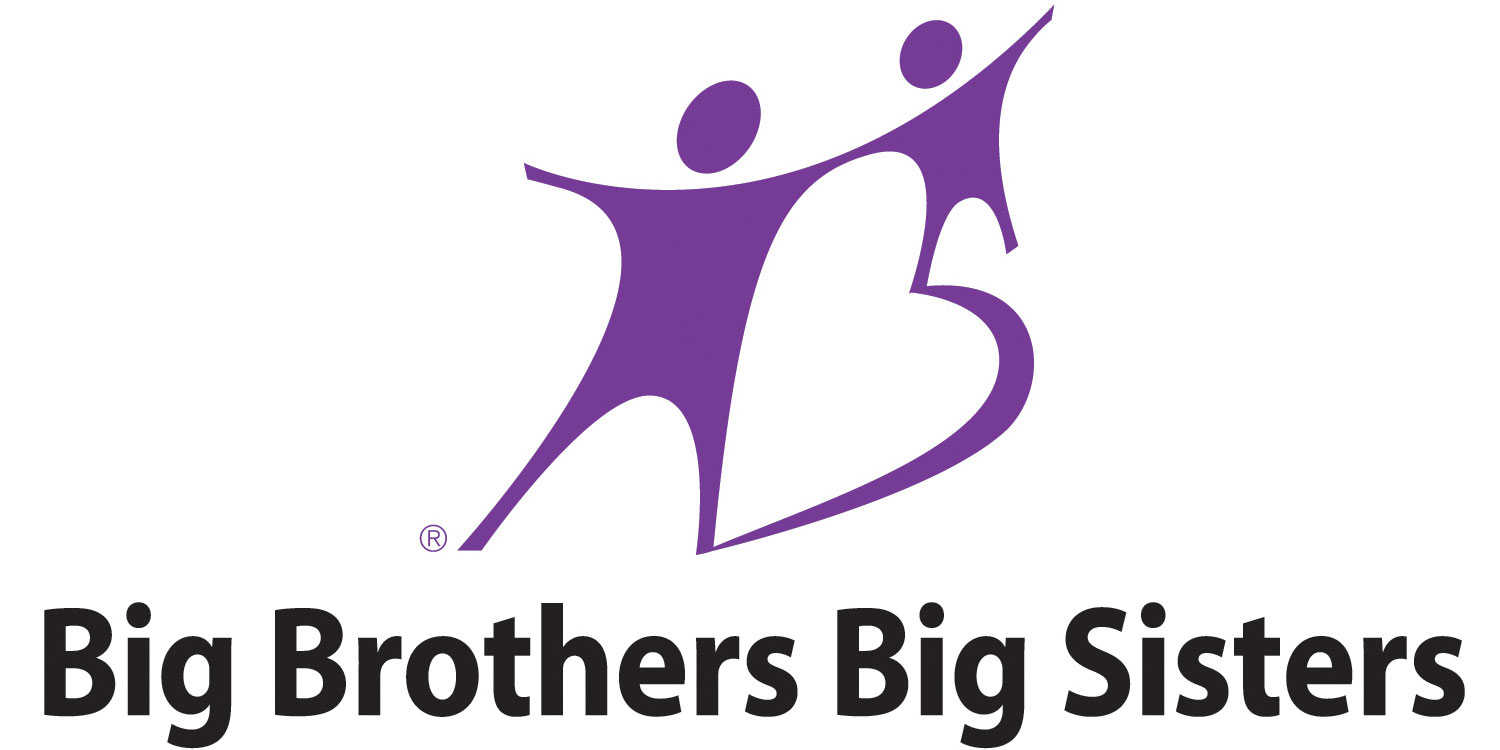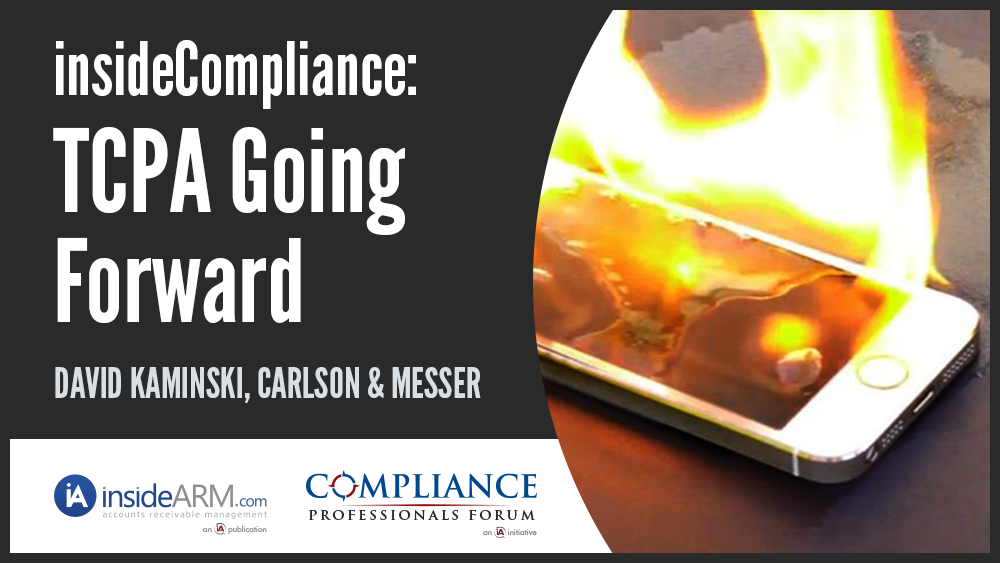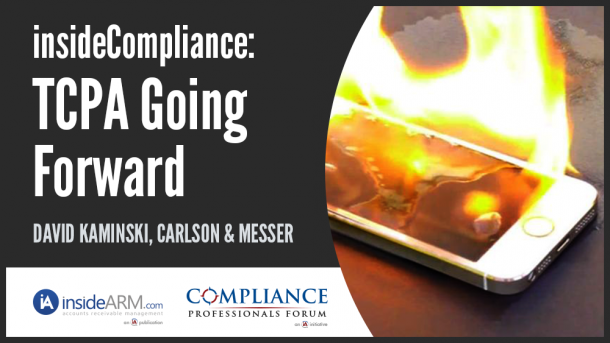
YUMA, AZ – TSW Global Solutions announces the opening of its new Call Center facility in Ortigas Center, Philippines, with 200 call center seats.
TSW Global Solutions is a growing contact center company in the Philippines, striving to develop long standing associations with clients based on transparency, trust and high quality work.
Chief Operating Officer Tom Williams expressed his excitement over this new facility, “Now, as we have more seats and a facility set up to International Standard, TSW can definitely accommodate more clients.”
Services we provide:
Collections
Warm Transfer Calls
Inbound Services
Outbound Services
Telemarketing
Lead Generation
Business to Business Sales
Appointment Settings
Surveys
Williams sees the new release by the Federal Communications Commission (FCC) of the long-awaited TCPA Ruling, especially related to automated or robocalls and texts, as an opportunity to offer Collection and Transfer Call Services using a True Manual Calling.
TSW GLOBAL SOLUTIONS®
US HEADQUARTERS
3360 S 15th Avenue
Yuma, AZ 85365
PHILIPPINE CONTACT CENTER
36th Floor One San Miguel Building
#1 San Miguel Avenue Corner Shaw Blvd.
Ortigas Center, Pasig City Philippines
Email: info@tswglobalsolutions.com
TSW Global Solutions Opens New Call Center Facility
http://www.insidearm.com/daily/collections-jobs-news/accounts-receivable-jobs/tsw-global-solutions-opens-new-call-center-facility/
http://www.insidearm.com/feed
insideARM















